
Upendra Yadav’s Reelection and the Chaos in JSP-Nepal
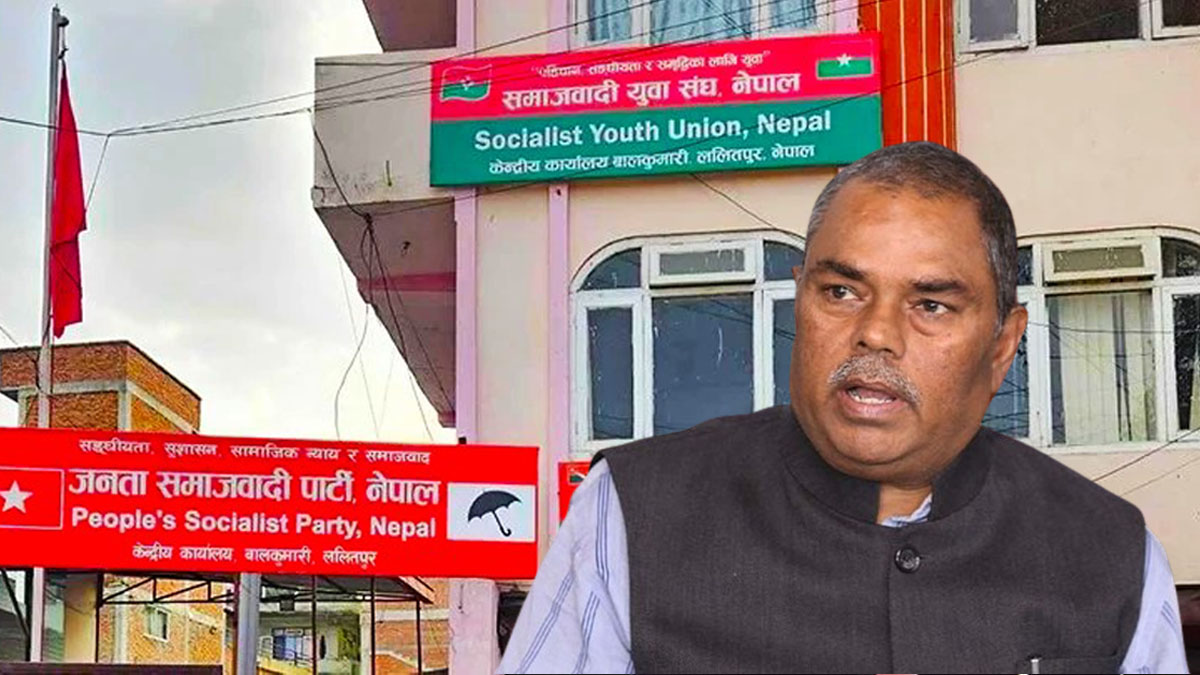
The political landscape of Nepal has witnessed yet another dramatic episode with Upendra Yadav’s recent reelection as the chair of the Janata Samajbadi Party-Nepal (JSP-Nepal). Yadav’s unopposed reelection on June 12, during the party’s general convention held in Janakpur, has sparked a series of contentious debates and raised numerous questions about the party’s internal dynamics and its future.
It has been 11 days since Yadav’s uncontested reelection, and nearly two weeks since the inauguration of the general convention. Yet, the JSP-Nepal has not elected any other office bearers or central committee members. This significant delay has caused an uproar within political circles, leading to speculations about the underlying reasons behind this procrastination.
The Uncontested Reelection and Its Aftermath
Upendra Yadav’s reelection as the JSP-Nepal chair was marked by a conspicuous absence of competition. No other party member threw their hat in the ring, which led to Yadav being declared the chair unopposed. This uncontested reelection raised eyebrows and was followed by a sudden halt in the process to elect other office bearers and central committee members, which was originally scheduled for June 13. The official reason given for this suspension was the pursuit of consensus among party leaders.
Before the abrupt halt, 23 candidates (17 men and six women) had already filed their candidacies for the five vice chairperson positions. Additionally, six candidates were vying for two general secretary posts, while 12 aspirants (nine men and three women) were in the fray for the three deputy general secretary positions. The position of treasurer had three contenders, and 34 leaders had filed their candidacies for seven secretary positions.
Multiple Interpretations and Internal Turmoil
The deferral of the elections sparked varied interpretations among party insiders. One faction attributed the postponement to the difficulty in selecting individuals for the available positions, suggesting an internal struggle for power and influence. Another significant factor contributing to this turmoil was the recent party split.
In the first week of May, a faction of JSP-Nepal leaders, led by Ashok Rai, broke away to form a new party under the same name. The Election Commission recognized this new faction on May 6, a decision that Yadav vehemently contested. On May 13, Yadav’s JSP-Nepal filed a petition in the Supreme Court, accusing the Election Commission of recognizing the splinter group without a legal basis, as the new faction did not meet the required 40 percent central committee members’ support. The case remains sub judice, and the Supreme Court has ordered a halt to the process until a verdict is reached.
This legal limbo has significantly hindered the activities of the Rai-led faction, which comprises seven of the 12 JSP-Nepal lawmakers in the federal parliament and 30 of the 406 party central committee members. The uncertainty surrounding the court’s decision has prevented the new faction from formalizing its organizational structure at the provincial and local levels, leaving its plans in disarray.
The Underlying Tensions and Strategic Delays
Political observers and party insiders suggest that Yadav’s deferral of the election process was a strategic move. With the splinter faction eyeing to lure JSP-Nepal members, especially those denied positions in the central bodies, Yadav’s delay tactic might be a way to prevent further defections. However, Manish Kumar Suman, an aspirant for the general secretary position, refuted such claims, assuring that the election process would be completed within the stipulated 35 days as per the Election Commission’s deadline.
Critics argue that the general convention was merely a constitutional formality, pointing to Article 269 (4) (B) of the constitution, which mandates political parties to hold a general convention at least once every five years. Shiva Chandra Chaudhary, a Madhesh political observer, asserted that Yadav’s motive was to consolidate his power by selecting leaders loyal to him, thus stalling the democratic process.
The Parallel Struggles of the New JSP Faction
While Yadav’s JSP-Nepal grapples with internal election deferrals, the newly formed Janata Samajbadi Party, led by Ashok Rai, faces its own set of challenges. Despite gaining initial prominence and joining the ruling coalition, the new party has struggled to build momentum. The swift registration of the new faction by the Election Commission, despite legal ambiguities, has been a point of contention.
Rai’s JSP quickly aligned with the Pushpa Kamal Dahal-led government, securing a Cabinet minister and a state minister position. The government further endorsed the new faction by appointing its supporters as ambassadors to Saudi Arabia and Spain. However, the new party’s activities have remained largely stagnant, primarily due to the pending court case.
Leadership Dynamics and Future Prospects
Lawmaker Sushila Shrestha from Rai’s faction attempted to downplay the internal struggles, claiming that the party was quietly engaged in activities to strengthen its base. She asserted that the faction was strong in provinces other than Madhesh and was working towards establishing a presence there as well. Despite these claims, political analysts believe that the ongoing legal battle has significantly hampered the new party’s organizational efforts.
Tula Narayan Shah, a political analyst, highlighted that the writ petition in the Supreme Court has created a legal impasse, stalling the new party’s formation. According to the Political Parties Act 2017, a faction can only split and form a new party if it secures at least 40 percent support from both the central committee members and the party’s lawmakers. The ordinance nullifying this provision three years ago has left the current split in a legal gray area.
The Road Ahead: Legal Battles and Political Maneuvering
As the Supreme Court referred the party dispute to a full bench on June 9, the political future of both factions hangs in the balance. Yadav’s JSP-Nepal must navigate the internal election process amidst fears of further defections, while Rai’s faction awaits a crucial court decision that will determine its legitimacy and future course of action.
The unfolding political drama within JSP-Nepal underscores the complex interplay of power, legal ambiguities, and strategic maneuvering that defines Nepal’s political landscape. As both factions grapple with their respective challenges, the coming weeks will be crucial in determining the trajectory of Madhesh politics and the broader political scenario in Nepal.
In summary, Upendra Yadav’s leadership and the subsequent election deferrals within JSP-Nepal reveal a deeper struggle for control and legitimacy within the party. The legal battles and strategic delays underscore the turbulent nature of Nepali politics, where constitutional mandates, power struggles, and legal ambiguities intersect, shaping the future of political entities and their leaders.


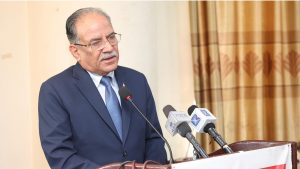
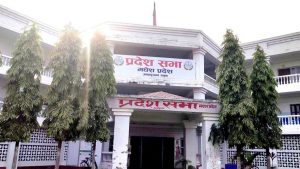

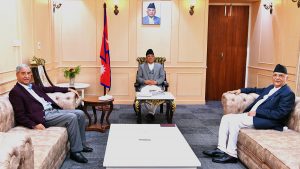
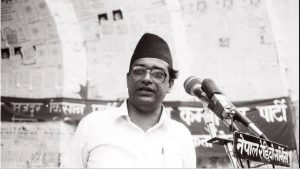
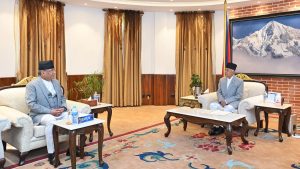




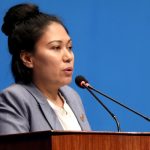

Comments